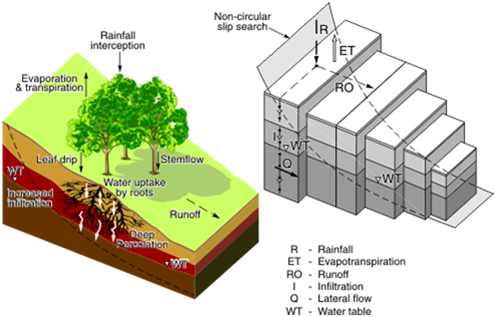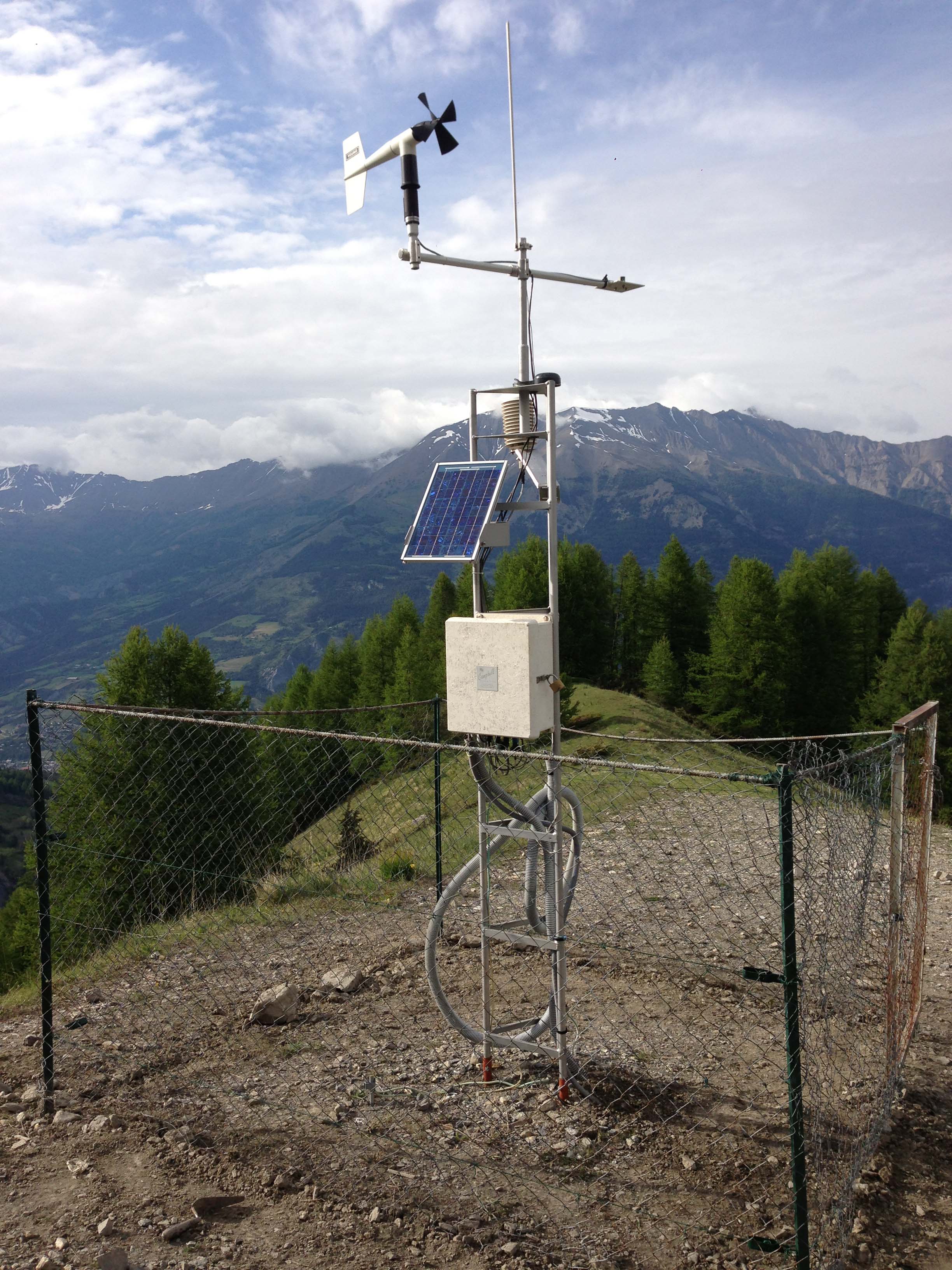 |
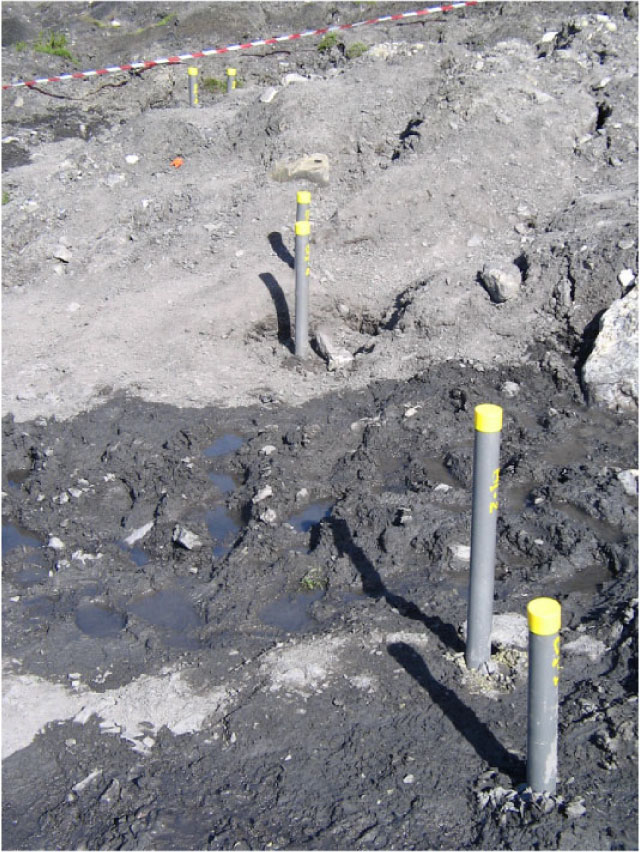 |
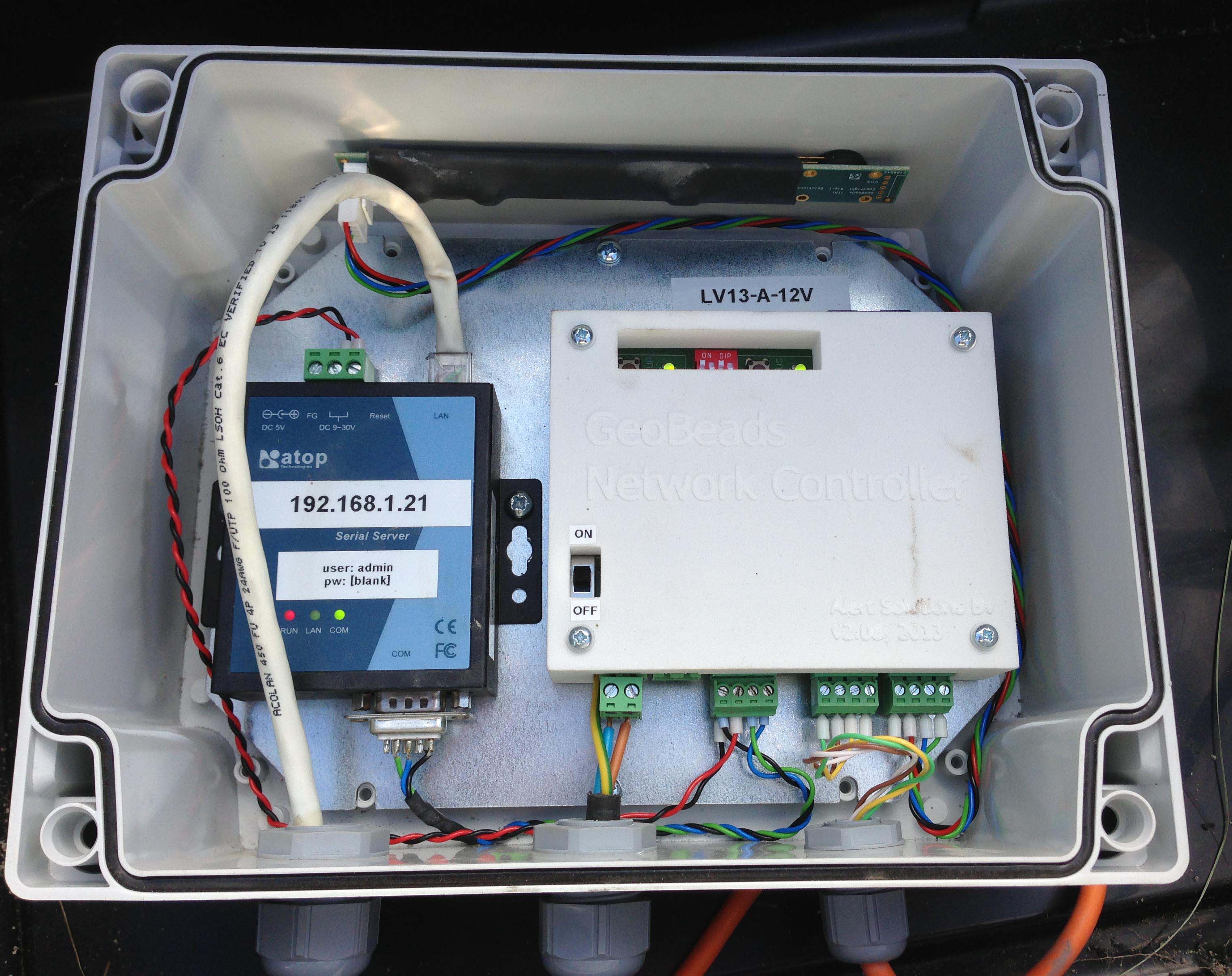 |
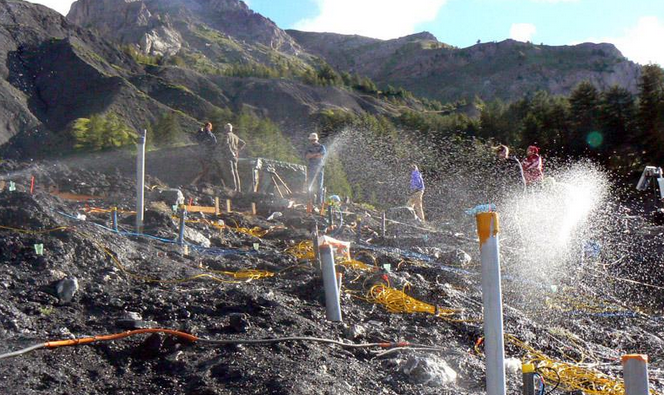 |
Objectives
Landslides are caused by a failure of the mechanical balance within the slopes. This balance is governed by two coupled physical processes: hydrological or subsurface flow and stress. The stabilizing strength of the slope materials depends on effective stress, which is diminished by rainfall. To predict landslides, a quantitative understanding of the hydro-mechanical processes across variably saturated hillslope environments is required.
The task of the OMIV Meteorology and Hydro-chemistry Data Centre is to acquire, store and disseminate observations on the meteorological triggers on and at proximity of the landslides, and on the landslide hydrological and hydro-chemical response to these forcing meteorological factors.
Information is collected on:
the local and regional meterological pattern through a network of weather stations
the slope hydrology in the critical zone (unsaturated and saturated zone) using hydrogeological (piezometers), hydrochemical (ion/cation analysis, isotope analysis, water quality) and hydrogeophysical (soil resistivity, soil temperature, soil moisture) techniques.
OMIV Instrumentation
Status in september 2013:
- Séchilienne 2 meteorological stations, 2 hydrochemistry samplers (in springs; landslide scarp and toe), self-potential network
- La Clapiere: 3 meteorological stations, 2 hydrochemistry samplers (in springs; landslide scarp and toe)
- Super-Sauze: 3 meteorological stations, soil moisture, piezometers, campaigns of water sampling in piezometers (5 per year)
- Avignonet: 1 meteorological station, soil moisture, borehole temperature, piezometers, campaigns of water sampling in piezometers (3 per year)


